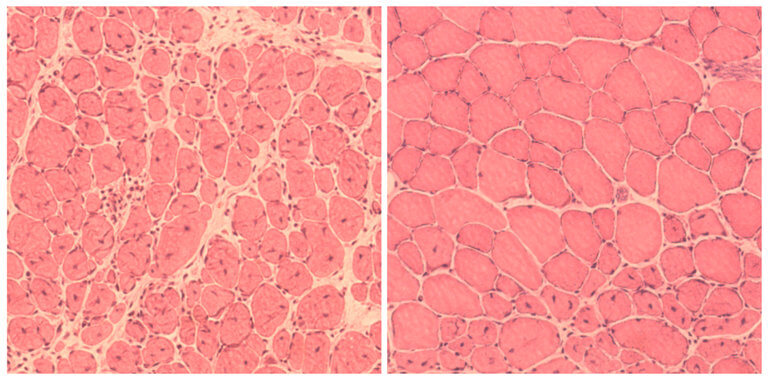At the Salk Institute in La Jolla, Calif., scientists are trying to get time to run backward.
Biological time, that is. In the first attempt to reverse aging by reprogramming the genome, they have rejuvenated the organs of mice and lengthened their life spans by 30 percent. The technique, which requires genetic engineering, cannot be applied directly to people, but the achievement points toward better understanding of human aging and the possibility of rejuvenating human tissues by other means.
…
The Salk team worked first with mice that age prematurely, so as to get quick results. “What we saw is that the animal has fewer signs of aging, healthier organs, and at the end of the experiment we could see they had lived 30 percent longer than control mice,” Dr. Juan Carlos Izpisua Belmonte said.
…
Dr. Izpisua Belmonte sees the epigenome as being like a manuscript that is continually edited. “At the end of life there are many marks and it is difficult for the cell to read them,” he said.
…
[However, the] fast-aging mice used in the study might not be fully representative of ordinary aging.

The GLP aggregated and excerpted this blog/article to reflect the diversity of news, opinion, and analysis. Read full, original post: Scientists Say the Clock of Aging May Be Reversible































